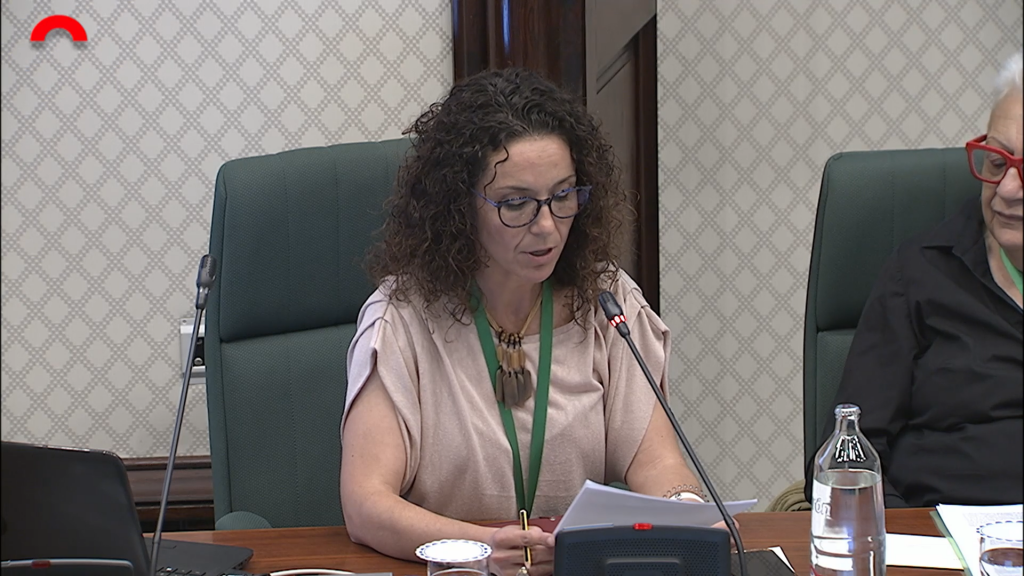05/06/2023
Interdisciplinary research by the URV seeks to improve care for the children of victims of femicide
The project aims to improve the legislation and intervention that conceal the consequences of gender-based violence

The project aims to improve the legislation and intervention that conceal the consequences of gender-based violence
There is no effective and comprehensive system in Spain to protect orphaned minors from the impact of gender-based violence. This is one of the results found by the team engaged in the research project “Needs and rights of the children of femicide victims: a transdisciplinary approach to the consequences of gender violence in the context of the COVID-19 pandemic”.
The aim of the research project is to improve the care given to the children of victims of gender violence. “Although it has been shown that gender-based violence is multicausal and structurally based, most legislative and intervention models are still predominantly reductionist,” the research team explains. This conceals the impact of femicide on people other than the woman, who is perceived as the only victim, and not her children and family members.
The lecturers Eva Zafra, from the Department of Anthropology, Philosophy and Social Work of the URV, and Laura Román, from the Department of Public Law, are the principal investigators, which deals with the complexity of this phenomenon from an interdisciplinary perspective.
The research focuses on the reality of the people affected through a rigorous bibliographic analysis and the study of real cases of femicide. The aim is to understand the experiences of the people affected, such as the children of the victims, through semi-structured and in-depth interviews.
To this end, a work team has been set up of thirty lecturers from the URV and other Spanish universities in the legal, social, educational and health fields. Various other institutions and entities are also involved: the Institute of Legal Medicine and Forensic Sciences of Catalonia, the Mujeres Foundation, the Health and Community Foundation, the Isonomia Foundation and the Network Formma.
The first results of the research are announced to the Parliament of Catalonia

The first results of the research were presented in the book Hijos e hijas de la violencia de género: análisis de casos sobre las consequencias del feminicidio (Tirant Lo Blanch) by Zafra and Román, published in December 2022.
And as a result of the expertise of the project’s multidisciplinary team, Eva Zafra appeared on 15 May before the Parliament of Catalonia to present the Proposal for a law amending article 47 of Law 5 /2008, of April 24, on the right of women to eradicate gender-based violence, regarding compensation and aid for women who have been victims of gender-based violence and children.
Zafra presented some of the results of the studies. They show that children orphaned by femicide often cannot effectively access the funds to which they are entitled. “One of the main obstacles to compensation – says Zafra – is the recognition of the consequences by court rulings and the difficulty in establishing causality between these consequences and the gender violence experienced”.
The full appearance can be seen on the website of the Parliament of Catalonia.
Comprehensive care for the children of the victims
The researchers point out that the interdisciplinarity of the work makes it possible to move towards transdisciplinary proposals that adopt a comprehensive approach to the problem. Likewise, they value the need to “foster perspectives that put the care and sustainability of life at the centre of public policies”. For all of these reasons, they add that “acting in response to the consequences of femicide involves promoting more just and egalitarian societies while preventing male violence”.
The research began in 2019 thanks to funding from the Catalan Women’s Institute and continued with funding from the State Programme for the Generation of Knowledge and Scientific and Technological Reinforcement of the RDI system of the Ministry of Science. This funding was used to increase the number of cases for analysis and carry out the field work.
